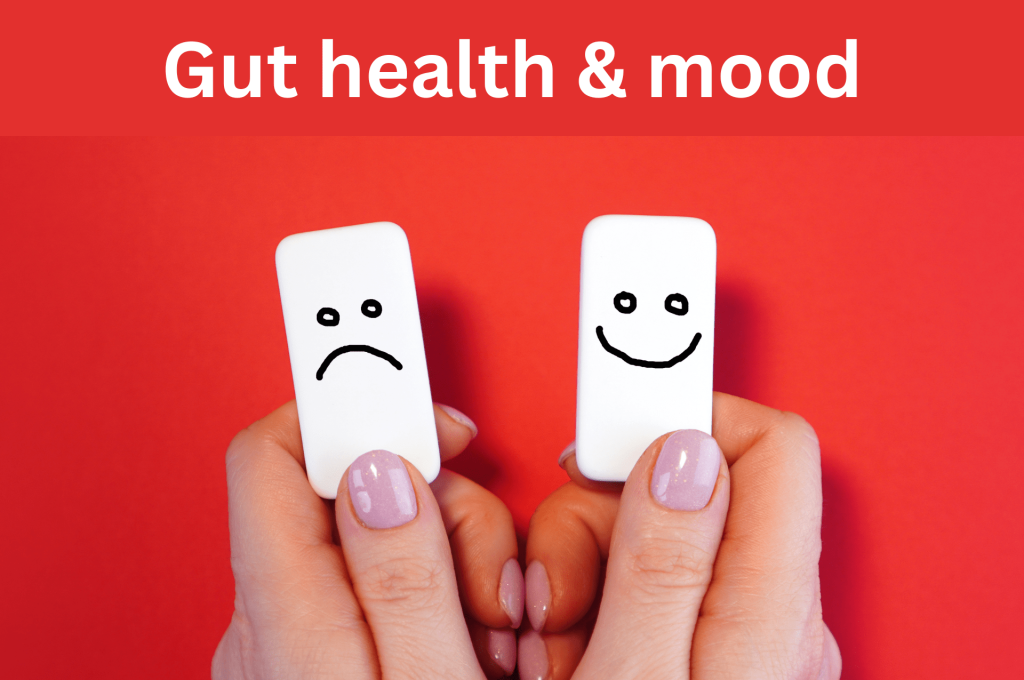Journaling has long been recognized as a powerful tool for improving mental health and well-being. It allows individuals to explore their emotions, thoughts, and experiences in a safe and private space, providing a sense of clarity and self-awareness. For those struggling with mental health issues such as anxiety, depression, or trauma, journaling can be a valuable outlet for processing difficult emotions and finding a sense of peace and healing.
If you’re interested in using journaling as a mental health tool but don’t know where to start, don’t worry – we’ve got you covered. In this article, we’ll explore the benefits of journaling for mental health, as well as provide some tips on how to get started.
Benefits of Journaling for Mental Health
There are numerous benefits to incorporating journaling into your mental health routine. Here are just a few of the ways in which journaling can improve your well-being:
1. Stress relief: Writing about your emotions and experiences can help to reduce stress and anxiety levels. By putting your thoughts on paper, you can release pent-up emotions and gain a sense of relief and relaxation.
2. Increased self-awareness: Journaling allows you to reflect on your thoughts and feelings, helping you to better understand yourself and your motivations. By gaining insight into your emotions and behaviors, you can make positive changes in your life.
3. Emotional processing: Writing about difficult or traumatic experiences can help you to process and make sense of your emotions. By exploring your feelings in a safe and controlled way, you can begin to heal from past hurts and find closure.
4. Improved mood: Research has shown that keeping a journal can help to boost mood and increase feelings of happiness and gratitude. By focusing on positive experiences and thoughts, you can shift your mindset towards a more positive outlook on life.
5. Enhanced problem-solving: Journaling can help you to brainstorm solutions to problems and challenges in your life. By writing down your thoughts and exploring different perspectives, you can gain clarity and find innovative solutions to your issues.
How to Get Started with Journaling
Now that you understand the benefits of journaling for mental health, you may be wondering how to get started. Here are some tips to help you begin your journaling journey:
1. Choose the right journal: Select a journal that appeals to you aesthetically and feels comfortable to write in. Whether you prefer a traditional notebook, a digital journaling app, or a specialized mental health journal, choose a format that suits your preferences and needs.
2. Set aside time each day: Make journaling a regular part of your routine by setting aside dedicated time each day to write. Whether you prefer to journal in the morning, at lunchtime, or before bed, find a time that works for you and commit to it consistently.
3. Start with prompts: If you’re unsure of what to write about, consider using journaling prompts to get started. Prompts can help to spark ideas, facilitate self-reflection, and inspire creativity in your writing.
4. Write freely: Don’t worry about grammar, spelling, or punctuation when journaling. The beauty of journaling is that it’s a space for you to express yourself authentically and without judgment. Write freely and allow your thoughts and emotions to flow onto the page.
5. Reflect and review: Take time to reread your journal entries and reflect on your thoughts and feelings. Notice any patterns or insights that emerge from your writing, and use this self-awareness to guide your personal growth and healing.
6. Share your journaling experience: Consider sharing your journaling experience with a therapist, friend, or support group. Talking about your journaling process can help you to gain perspective and receive feedback on your thoughts and emotions.
In conclusion, journaling can be a powerful tool for improving mental health and well-being. By exploring your thoughts and emotions in a safe and private space, you can gain clarity, self-awareness, and healing. If you’re interested in starting a journaling practice, consider the benefits of journaling for mental health and follow the tips provided to get started on your journaling journey. Remember, journaling is a personal and individual process, so feel free to experiment with different techniques and approaches to find what works best for you. Happy journaling!

